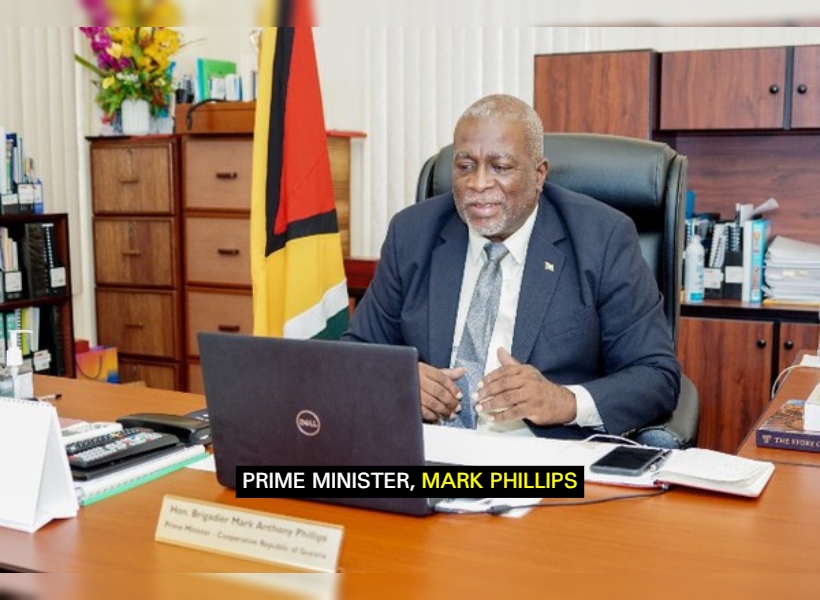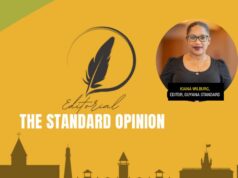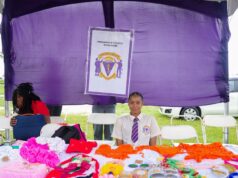During Monday’s extraordinary sitting of the National Assembly, Prime Minister Mark Phillips appealed to Venezuela’s President, Nicolas Maduro, to cease obsessing over an erroneous claim to Guyana’s Essequibo territory. The Guyanese politician said Maduro’s focus should be on resolving the country’s deep-seated socioeconomic crisis, which has led to over seven million Venezuelans seeking refuge in other South American countries, rather than engaging in a conflict over Guyana’s Essequibo region.
Phillips asserted, “Nicolas Maduro must face his electorate and defend his government’s successes in righting the socio-economic conditions that led to over seven million Venezuelans seeking betterment by running out of Venezuela to every other South American country.” He insisted that Maduro should not be permitted by the international and regional communities to exploit the Guyana-Venezuela dispute as a means of rallying support for his re-election in 2024, as “Essequibo rightfully belongs to Guyana and Guyanese alone.”
Much of Venezuela’s contention with Guyana is tied to the latter’s burgeoning oil and gas industry, according to the PM. Since the world-class oil discovery in Guyana’s territorial waters in 2015, Venezuela has persistently laid claim to areas, including the waters off the Essequibo coast, where many of these valuable oil resources are located. He said, “Venezuela has demonstrated its persistence through the unanimous approval by its National Assembly of a national referendum scheduled for December 3. This referendum includes five questions intended to gain support for Venezuela’s territorial claims.”
In response, Guyana has taken a legal approach by filing a request with the International Court of Justice (ICJ) for intervention against Venezuela’s actions, highlighting the importance of adhering to international law in resolving this dispute.
Prime Minister Phillips also underscored another troubling aspect of this conflict—the divisive impact it has had on the beliefs of different generations in both countries. He noted Guyana’s education system teaches that the entire 214,970 square kilometers on its map rightfully belong to Guyana. Meanwhile, in Venezuela, the narrative insists on its rightful claim to nearly 160 square kilometers, comprising more than two-thirds of Guyana’s territory.
“We are witnessing decades of division among our people, resulting in social fragmentation stemming from contradictory narratives,” Phillips stated, adding that this division has negative consequences for economic development and investments between the two neighbouring nations.













